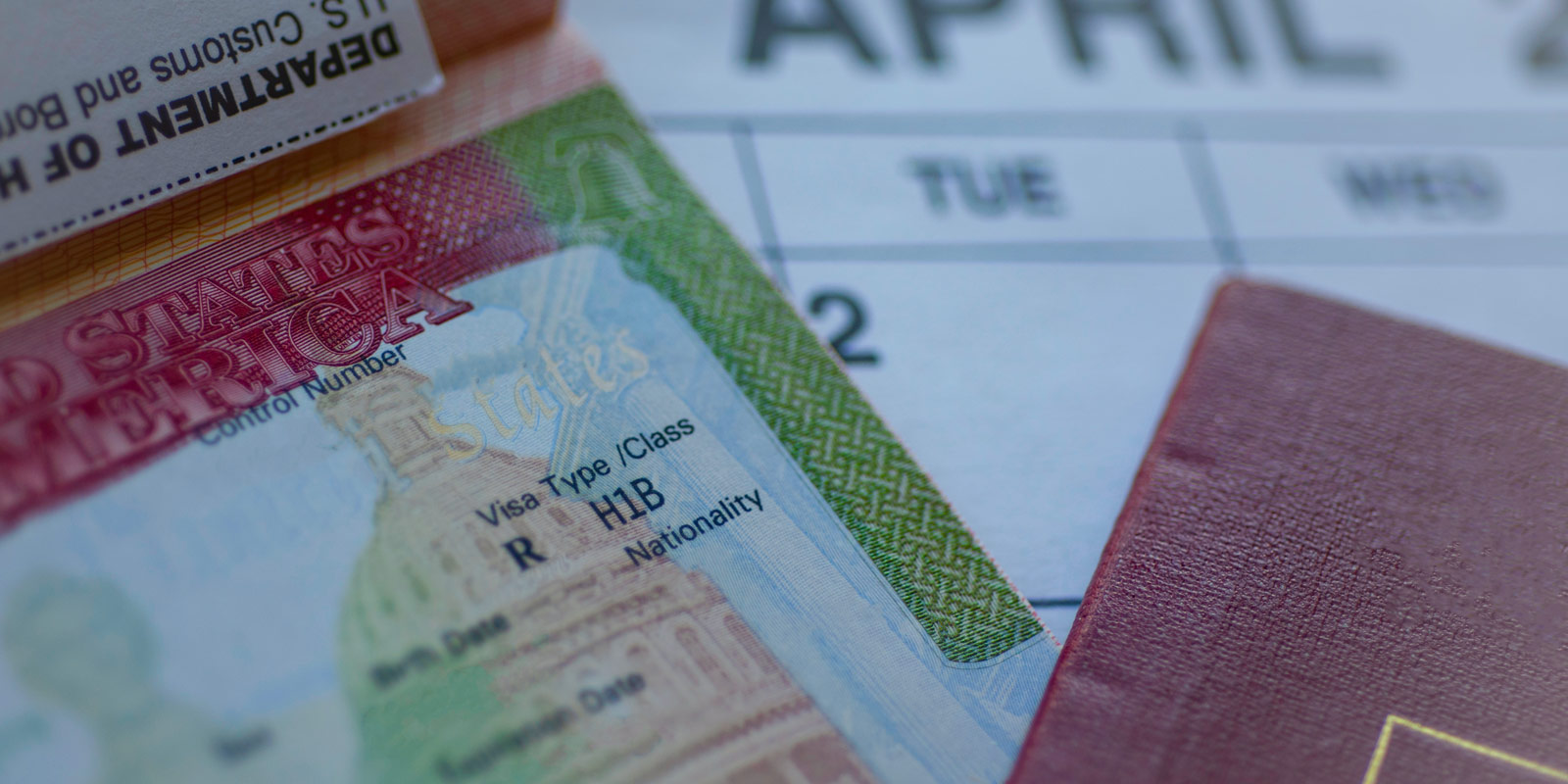Employers who need to fill specialized positions temporarily in the United States often hire foreign-born professionals with the H-1B visa classification as an ideal solution. The H-1B Visa process is one of the most convenient and fast ways to bring in foreign specialists, leading to it being one of the most popular visa options. If you are a professional who wants to get started with the H-1B visa process, the first step is to find a sponsor.
Self-employed workers are generally not granted this type of visa. Employees that hold an H-1B visa status can live and work in the U.S. for up to six years. There are several requirements that must be met for an H-1B visa applicant to qualify.
Eligibility for Special Occupations
One of the requirements for H-1B status is that the position meets the guidelines of a “specialty occupation”. This generally means that the position requires either a bachelor’s degree or specialized knowledge or experience which could be considered the same as having one.
Graduate work or certification also meets this specialty occupation requirement in most cases. The limitation for those types of professional positions is that the employee must also obtain a U.S. State license where they will be working. Examples of these positions include nurses, lawyers and teachers.
U.S. Employer Requirements
The employer who sponsors the employee must also meet requirements to obtain an H-1B visa. There are two specific requirements for the employer:
- The sponsor must be considered a “U.S.” employer or be an employer that has an IRS tax identification number. Many business structures can satisfy this requirement including privately-held companies, individuals and partnerships.
- The sponsor must enter into an employer-employee relationship with the applicant where control over the supervising the employee rests in the employer’s control. Independent contractor relationships are not applicable.
Processing Your Labor Condition Application
There are two government entities involved with the H-1B visa process. The Department of Labor (DOL) and the United States Citizenship and Immigration Service (USCIS) will verify the information and approve accordingly. Before submitting an H-1B visa application, the DOL requires the employer to file a labor condition application (LCA).
General information such as the number of employees and the job description for the H-1B alien’s future employment is reported on the LCA. Key affirmations that the employer must make on their LCA include:
- They will pay the H1-B alien a “prevailing wage”. That means the salary is comparable to others within the company who have similar roles as well as in the geographic location of the role.
- The employer is not currently undergoing a lockout or labor strike
- Adverse working conditions will not be created due to the employment of the H-1B alien
Additionally, the LCA must be filed in the jurisdiction of where the H-1B alien will be working. If the employee will be working in more than one jurisdiction than it’s possible to have more requirements. It’s best practice for the employer to start by filing in the jurisdiction where the employee will be working first.
Even if the employee currently has an H-1B visa with a different employer, a new LCA must be filed by the new employer. This must be completed before the new position starts. Employment periods up to three years can be specified in the LCA in almost all cases. Once a certain employment period is reached, new LCA requirements can go into effect.
The final determination of whether H-1B conditions have been met is completed by the USCIS. They will review all the application material even though you submit your LCA to the DOL in advance. An H-1B alien should not start working before receiving official approval from the USCIS.
A Note on Computer Professionals Agreements
When an employer is seeking to employ a foreign national for a computer-related profession, there are certain requirements they may face. This is due to the fact that employees in this field often work in third-party locations that arise from a contractual agreement with the employer and customer.
In these cases, an employer might have to submit these third-party agreements. That is used to verify with the USCIS that the employer who is petitioning for the H-1B alien is their employee. A Notice of Action can be triggered by the USCIS if an employer fails to submit these third-party agreements. That will cause delays in the H-1B visa process.
Consult with the Pride Professionals for Help
Employers who want to file an H-1B petition with experts to handle the case for the most desirable results can count on the immigration experts at Pride Immigration. Consultations are conveniently offered by phone or in person. Contact Pride Immigration today to schedule a consultation or to start discussing your case with experienced immigration attorneys!
Beeraj Patel, Esq.
Latest posts by Beeraj Patel, Esq. (see all)
- Criminal History Implications for an Adjustment of Status - July 7, 2025
- Impact of Life Changes on Green Card Applications - June 16, 2025
- Common K1 Visa Criminal Background Issues - June 2, 2025
